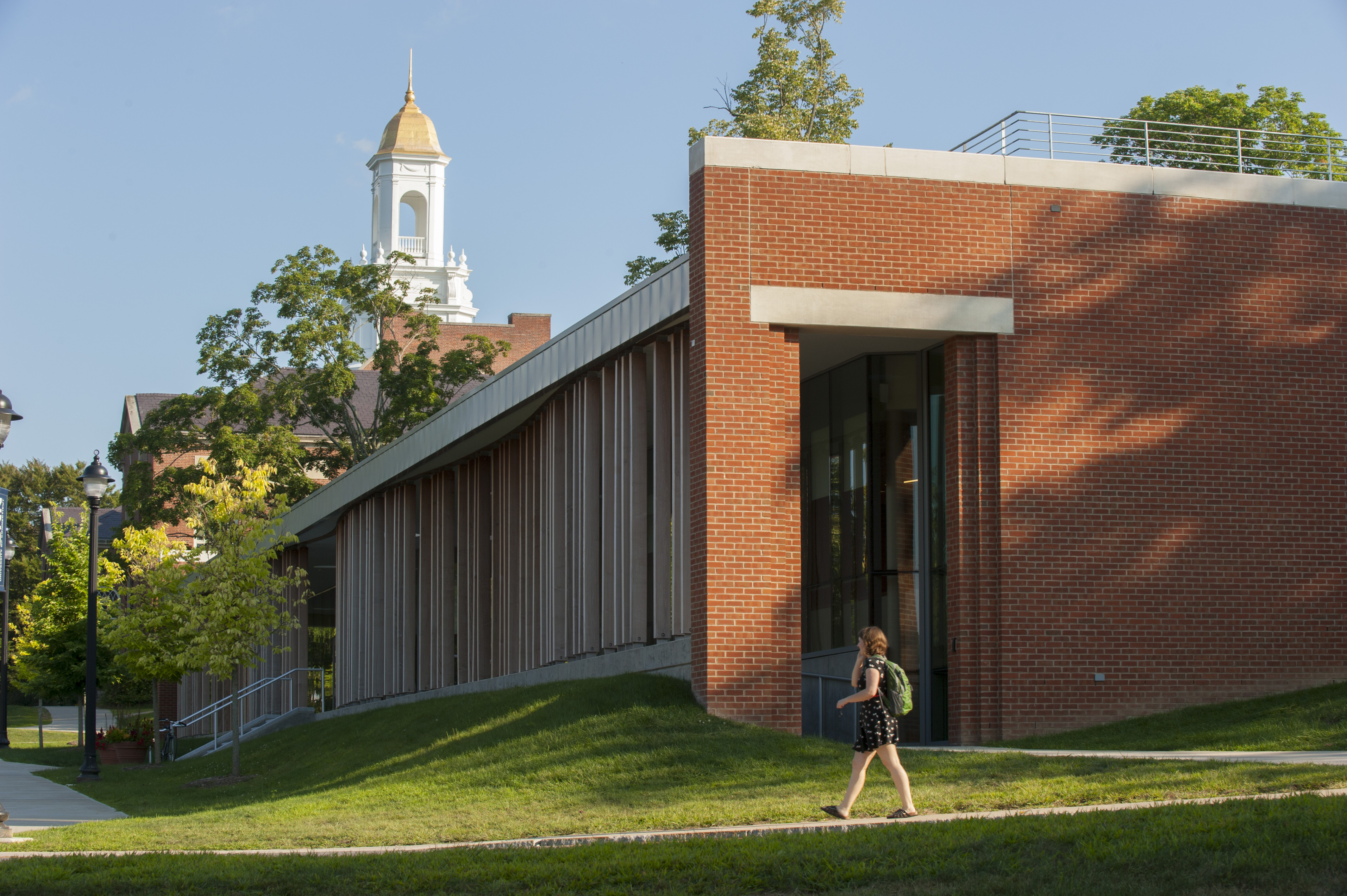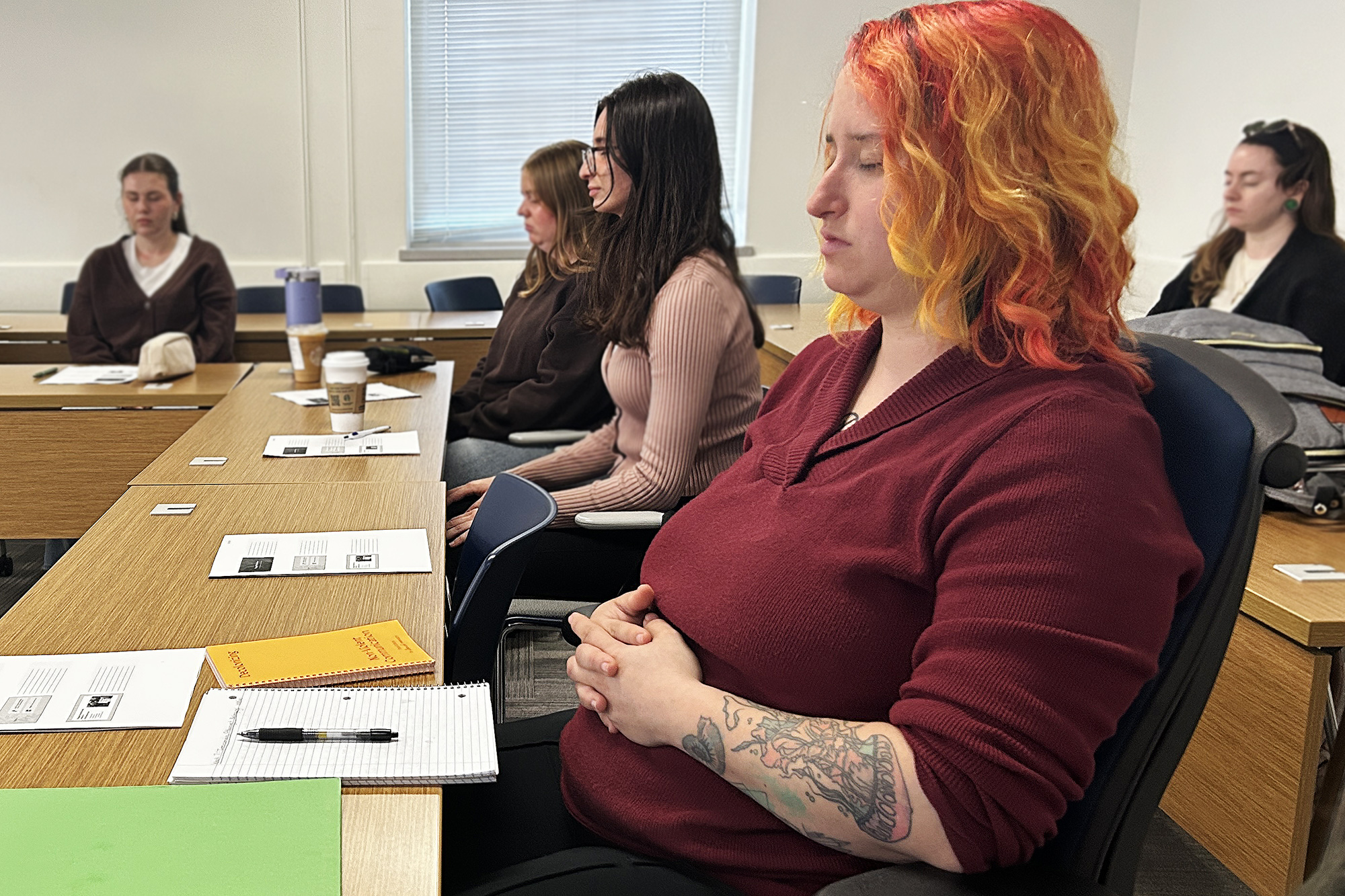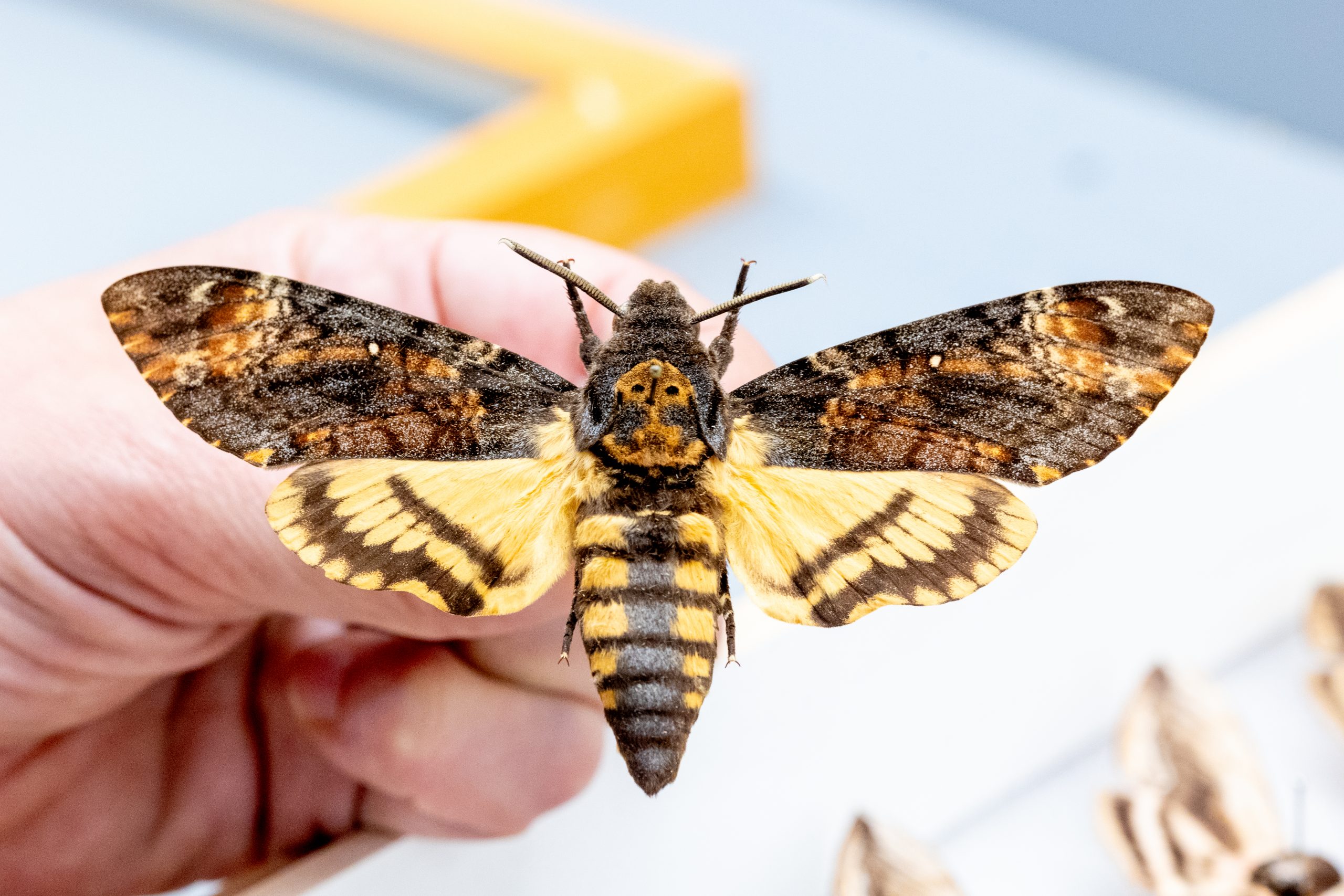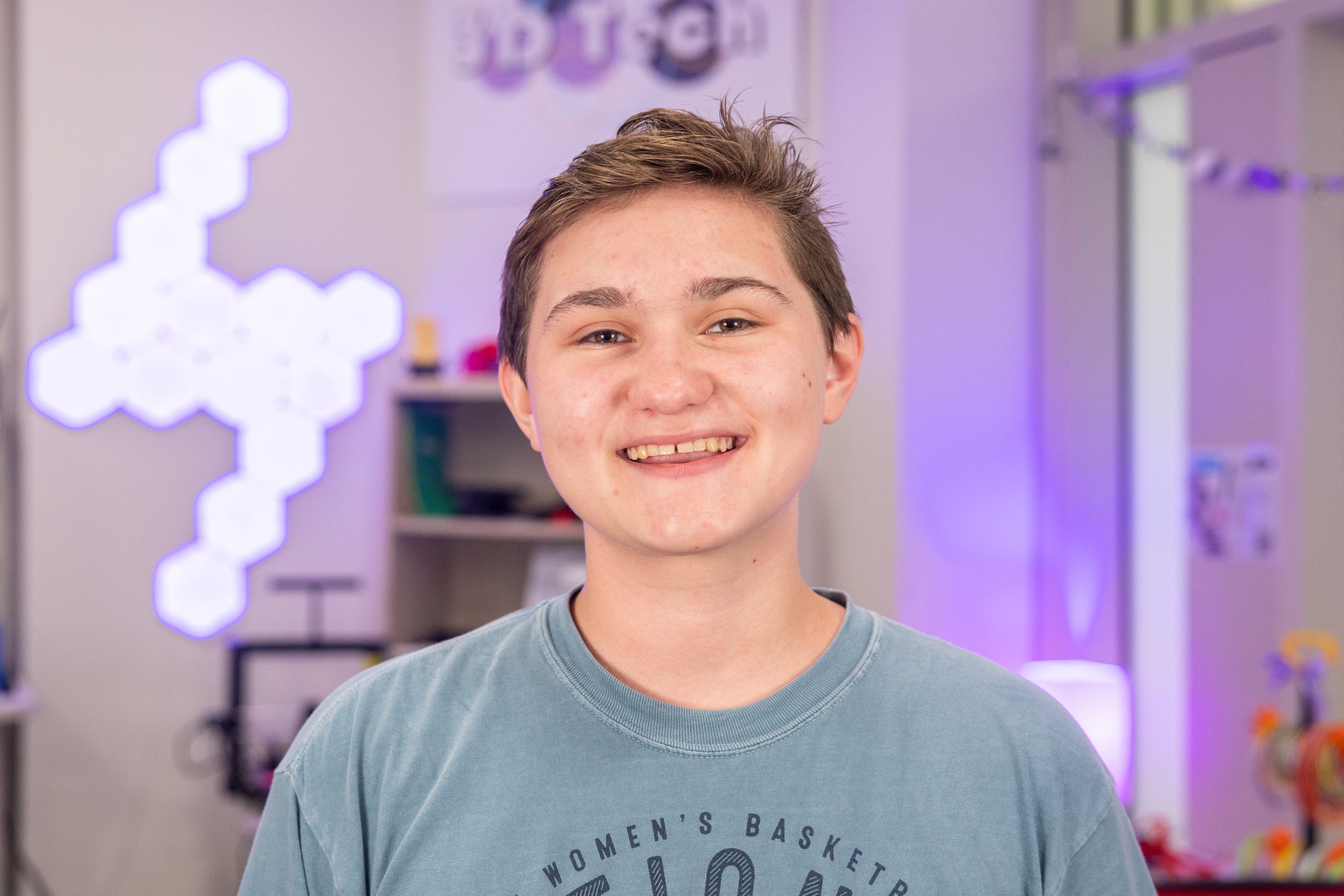This fall, the UConn School of Nursing is welcoming two new tenure-track and one new clinical faculty members. They join the School at a time when preparing its students to care for the local and global communities is more important than ever.
Meet the newest members of the School of Nursing faculty:
Maurade Gormley, Ph.D., C-PNP
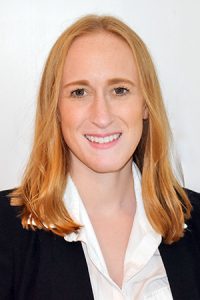
One of the School of Nursing’s new assistant professors, Gormley has spent most of her academic career at New York University. In August, she traveled to Storrs to join the UConn faculty.
“Building upon my experience as an oncology nurse, my research aims to optimize the psychosocial health and well-being of cancer survivors as they face the unique challenges of a cancer diagnosis,” she says.
Her doctoral work, funded by an F31 National Research Service Award, examined the psychosocial response to genomic testing used to predict the risk of recurrence and benefit of adjuvant chemotherapy among breast cancer survivors.
Her current research aims to better understand the mechanisms and pathways that may contribute to racial disparities in breast cancer mortality, such as the physiologic response (cortisol, relative telomere length, epigenetics) to stress in the survivorship period and over the life course. This research will lay the groundwork to develop targeted interventions to promote adaptive coping behaviors aimed to moderate the physiologic response to stress.
Gormley completed the Provost Postdoctoral Fellowship Program at New York University with additional training at the National Institute of Nursing Research’s Summer Genetics Institute and National Cancer Institute’s Research Methods in Supportive Oncology at Harvard Medical School’s Center for Palliative Care.
Tiffany Gwartney, DNP, APRN, NNP-BC

In addition to her neonatal clinical practice at Nemours Children’s Hospital in Orlando and Johns Hopkins All Children’s Hospital in St. Petersburg, Florida, Gwartney joins the School of Nursing as an associate clinical professor with seven years of experience teaching BSN, MSN, and DNP students.
She implemented a simulation focusing upon nursing interaction with a maternity couplet on airborne precautions, while in full personal protective equipment. This simulation was integrated into her COVID Care Education Module in which undergraduate students in their final practicum participated in a pilot at designated clinical partner sites, providing bedside care for patients with COVID-19 disease during the pandemic. For this scholarly work, she was recognized as a Champion of Humanistic Care by the Arnold P. Gold Foundation. She continues to develop educational outreach opportunities focusing on infection control and prevention in underserved areas of the Tampa Bay area and St. Croix, U.S. Virgin Islands as part of Project Firstline, a grant from the American Nurses Association and Centers for Disease Control and Prevention.
Her research interests include education, neonatal diabetes, role transition for novice Neonatal Nurse Practitioners (NNP), simulation, management of high-risk newborns in the delivery room, and couplet care for mothers with COVID-19.
“I have had several opportunities to speak internationally regarding the benefits of deliberate routine practice of high acuity, low-volume technical skills, and nationally regarding neonatal diabetes and conflict management,” Gwartney says.
She is a member of Sigma Theta Tau and is actively involved in several neonatal professional organizations: Florida Association of Neonatal Nurse Practitioners, Council of International Neonatal Nurses, National Association of Neonatal Nurses, and the American Academy of Pediatrics. She is also a contributing editor for Neonatal Network.
Dr. Gwartney enjoys traveling for pleasure but has also found herself working triage in a children’s clinic located in the remote village of Zapote, Guatemala, as well as educating NICU nurses in Paisley, Scotland and Shanghai, China.
Mallory A. Perry-Eaddy, Ph.D., RN, CCRN

Perry-Eaddy ’14 (NUR), ’17 MS, ’19 Ph.D. is returning to Connecticut after a few years in Philadelphia, joining the School of Nursing as an assistant professor.
Perry-Eaddy is a pediatric critical care nurse and National Institutes of Health-funded nurse scientist. Her interest in pediatric critical care outcomes originates from her experiences caring for critically ill children in the pediatric intensive care unit. Although significant progress has been made in improving survival rates in critically ill children, many undergo lifesaving intensive therapies that increase their risk of dysfunction after discharge. This is particularly true in children suffering from life-threatening conditions, especially those marked by inflammation, such as sepsis.
Overall, Perry-Eaddy’s program of research aims to explore and characterize outcomes of critically ill children, including their response to treatments, biological response, and overall function as they recover with hopes to optimize recovery. She is currently funded by the National Institute of General Medical Sciences as a MOSAIC K99/R00 Scholar. Her K99/R00 is entitled, PEdiatric Recovery after sepSIS Treatment in the Pediatric Intensive Care Unit (PERSIST-PICU).
Regarding teaching, Perry-Eaddy assures students that no question is “dumb.” Conveying the idea of a questioning attitude is at the forefront of her philosophy. Through reiteration, self-guided research, as well as hands-on experience, she allows room for the novice to critically think through clinical scenarios.
“Skill acquisition is just one piece of nursing,” she says. “Being able to anticipate necessary interventions as well as implement them is what I strive for my students to know.”
Committed to service, she is currently an active member of the International Society of Nurses in Genetics, Pediatric Acute Lung Injury and Sepsis Investigators, American Thoracic Society, and the Society of Critical Care Medicine.
Follow the UConn School of Nursing on Facebook, Instagram, Twitter, or LinkedIn.
